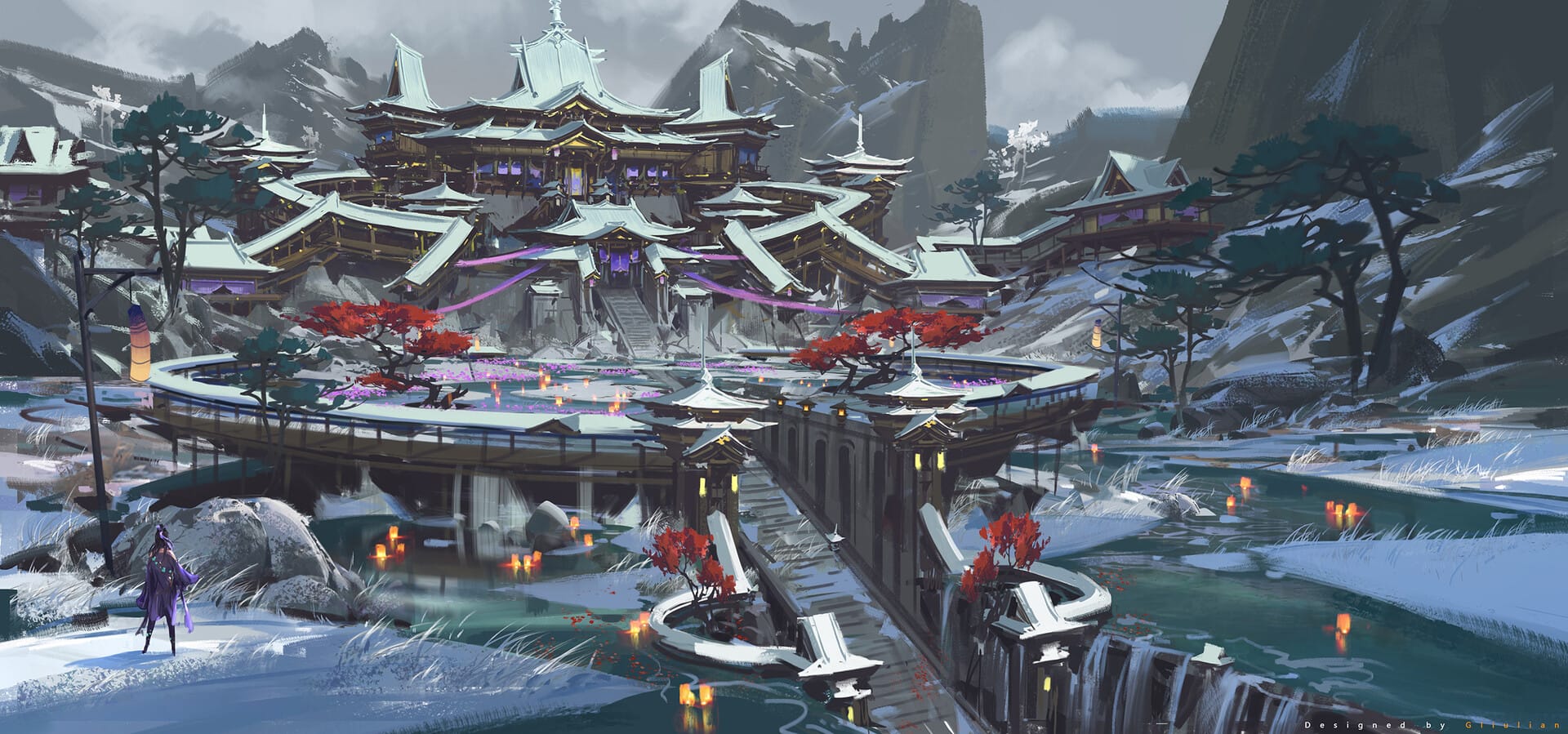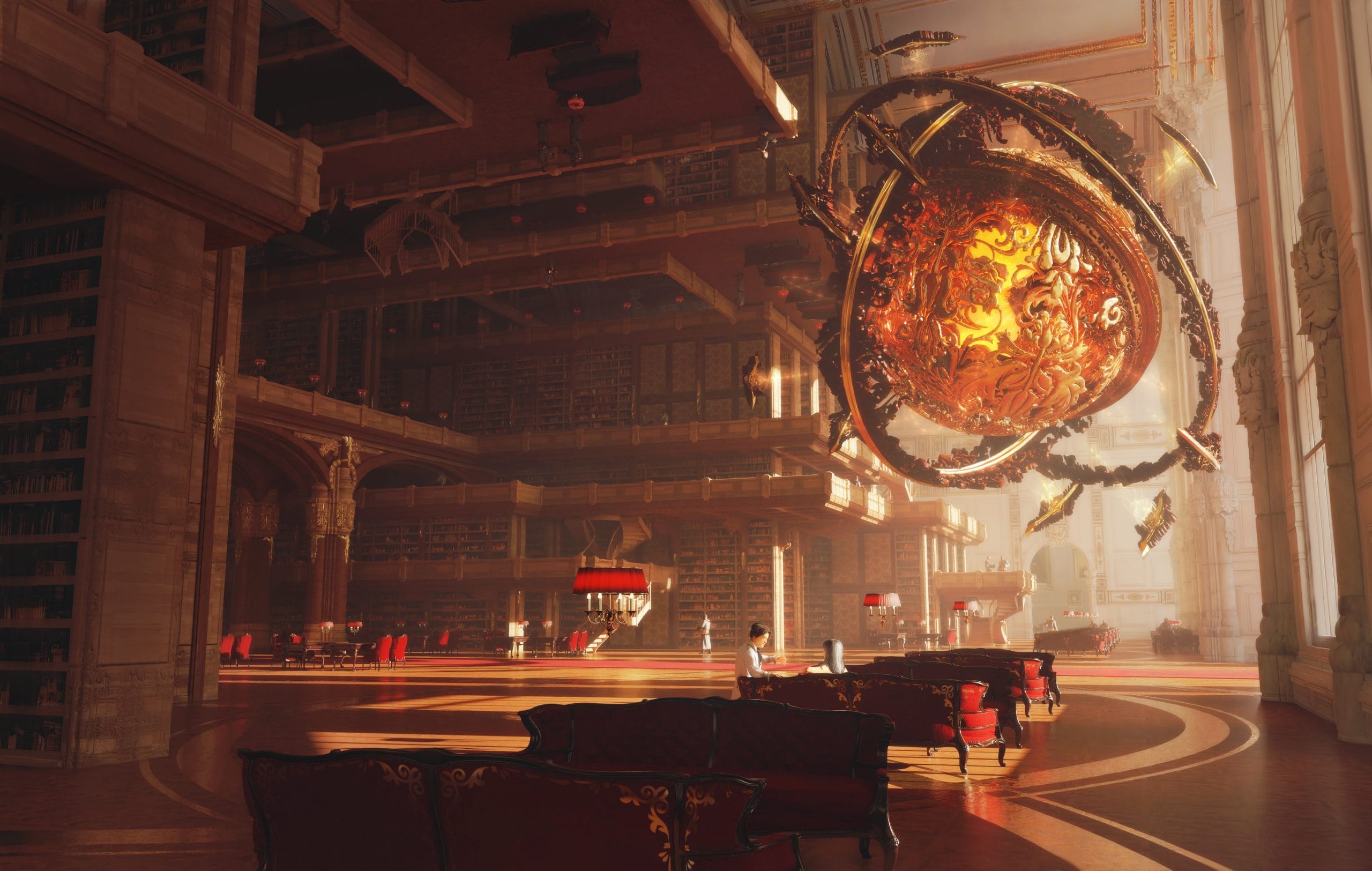Self-Published High Fantasy Books Worth Reading in 2025
Let me just say it straight: large high fantasy is alive and thriving in 2025. I’ve spent years buried in epic fantasy novels, from sprawling noble dramas to underdog power fantasies. And over time, I’ve realized that some of the best storytelling today isn’t coming from giant publishers—it’s from self-published authors or small indie publishing groups who are building entire worlds with nothing but grit, passion, and a damn good idea. If you’re like me—someone who grew up on Tolkien and anime, who digs complex magic systems, and who wants character arcs that feel earned—this post is for you. These are the high fantasy books that hit hard, linger long after, and in some cases, inspired me to write my own.
High Fantasy vs Low Fantasy (And Why It Matters)
Before we dive into the list, let’s clear up a common question: what’s the difference between low fantasy vs high fantasy?
High fantasy lives in entirely made-up worlds. Magic is part of the structure—political systems, culture, even geography.
Low fantasy takes place in or near our world. Magic creeps in, but the world still feels grounded.
What I love about high fantasy is the full escape. I want the maps, the languages, the lore—I want to get completely lost in it. That’s not to say low fantasy doesn’t hit. There are tons of great books, anime, and manhwa that prove a grounded world with the right system can still be stunning. Avatar: The Last Airbender is a perfect example. But we’ll save that for another list.
Right now, we’re talking high fantasy. And that’s exactly what the books below deliver.
Best Self-Published High Fantasy Books (2025 Edition)

These aren’t just popular—they’re also genuinely great. The kind that sparked lightning on Goodreads, climbed Kindle charts, or left a mark on me personally. Sometimes all three. And they all make one thing clear: self-published doesn’t mean second-rate.
The Sword of Kaigen – M.L. Wang
If you haven’t read this yet, fix that. Kaigen is heartbreaking, intimate, and intense. It balances large-scale war with family, legacy, and identity. And yes, it hits emotionally. This one set the bar high for what self-published fantasy novels could be.
The story takes place in a remote, isolated village where everyone’s raised to believe in honor, strength, and loyalty to the empire. It follows Misaki, a mother trying to leave her past behind, and her son Mamoru, who’s just starting to understand the world isn’t what he was taught. What starts off feeling like a military fantasy slowly shifts into something more personal—about loss, identity, and the weight of history on a family.
There’s some wild elemental sword magic (think ice blades and water manipulation), but what really sticks is the emotional core. Misaki in particular is one of the most layered, human characters I’ve read in a while. It’s not a light read, but it’s the kind that you won’t miss out on.
Mother of Learning – Domagoj Kurmaic (nobody103)
Originally a web serial, this has become one of the most beloved progression fantasy series out there. Zorian, a young mage, gets stuck in a time loop and slowly uncovers conspiracies, master-level magic, and his own potential. The worldbuilding is tight, the pacing clean, and the payoff consistently satisfying. It’s right up there with Cradle and The Wandering Inn as one of the best self-published fantasy novels ever written—and it’s praised constantly on Goodreads fantasy threads.
For me, this was an easy read—just a couple days of binging. The twists, turns, and plot threads were all handled really well. I also didn’t expect to fall in love with a spider, so that was… unexpected. The ending felt a little rushed, but overall, this is a definite must-read. Beautiful 9/10 on the list.
The Lost War – Justin Lee Anderson
This one really caught me off guard. It kicks off like your usual high fantasy quest—hero, mission, some classic tropes—but it doesn’t stay there for long. As the story unfolds, you start to sense something’s off. The narration isn’t as straightforward as it seems, the politics get murkier, and there’s this slow, creeping feeling that the truth is just out of reach.
By the time it all clicks, you’re in deep—and yeah, there’s a twist that flips everything on its head. What is it, you ask? Well… I’m not spoiling that for you. Just read it, because it absolutely earned that SPFBO win.
Cradle Series – Will Wight
You’ve probably heard about this one. Cradle is a progression fantasy juggernaut—a mix of isekai vibes, cultivation tropes, and relentless power scaling. It’s incredibly fast-paced and addicting. If you’re into high fantasy anime or manhwa like Solo Leveling or Shield Hero, this one will be your jam.
Of Blood and Fire – Ryan Cahill
This one’s for the classic high fantasy lovers—dragons, chosen ones, ancient relics. It leans traditional in all the best ways, but Cahill adds depth and urgency that make it feel current. Definitely a strong epic fantasy book in the indie scene.
This one’s for the classic high fantasy lovers—dragons, chosen ones, ancient relics. It leans traditional in all the best ways, but Cahill adds depth and urgency that make it feel current. Definitely a strong epic fantasy book in the indie scene.
Kingshold – D.P. Woolliscroft
A political fantasy that doesn’t take itself too seriously but still delivers real stakes. When a wizard forces a kingdom to hold its first-ever election, things get messy. The humor is sharp, but the world is solid. Perfect if you like dry wit mixed with real intrigue.
Gunmetal Gods – Zamil Akhtar
This one’s not for the faint of heart. Gunmetal Gods dives into holy war, forbidden knowledge, and cosmic horror. It’s brutal, morally complex, and has one of the most distinct voices in modern grimdark. Definitely not your standard fantasy fare—and that’s a good thing.
For Fans of Anime, Manhwa, and Younger Fantasy Readers
If you’re into high fantasy anime, fantasy books for teens, or manhwa-style progression, a lot of these hit those notes. Cradle reads like the perfect anime arc. Of Blood and Fire scratches that coming-of-age itch. Even Kaigen has moments that feel ripped from an emotionally grounded shonen arc.
So whether you grew up on Fullmetal Alchemist, The Beginning After The End, or Vinland Saga, you’ll find something familiar here—with just enough difference to surprise you.
Why I Wrote Asteria: A World Unbound
I wrote Asteria: A World Unbound with my friend Adam, and together we built the world from the ground up. It took us a long time, but we shaped every nation, every conflict, every piece of history. Still, for me, the heart of the story came from somewhere more personal.
It’s about an assassin who wakes up in a world he doesn’t recognize—trapped in the body of a noble. There’s magic. History. Secrets. But unlike most isekai or revenge fantasies, this isn’t just about domination or conquest. It’s about something messier. What does a second chance actually mean? And what are you supposed to do with it?
We pulled from everything we love: the depth and complexity of western high fantasy, the introspective pacing of anime like Mushoku Tensei, the clean arcs and emotional punch of these great reincarnation manhwa. We wanted to create something that sits in between—a complex world but the story isn’t too insanely complication to pick up.
If you’re someone who loves both—traditional high fantasy and modern web serials—but haven’t quite found a story that blends the depth of one with the pacing and style of the other, this is our way of doing it. Asteria is our attempt to bring those two worlds together.

Self-published fantasy in 2025 is stacked. The tools are better, the readers are more open, and the stories? They’re bold, weird, and brilliant. Whether you want politics, dragons, war, soul-searching, or quiet moments between the chaos, you’ll find it here. Hope you found something worth reading. And if you do pick up Asteria, let me know what you think.
Until then—happy reading!
Vi Mai is a writer and co-creator of the indie publishing group, Asteria Creative. He originally studied computer programming, engineering, and business in university, but quickly realized school wasn’t the path for him. After leaving school, he spent several years coaching, working in startup sales, and helping businesses—both big and small—scale through smart strategy and execution. Now, he’s finally doing what he always wanted—building a high fantasy book series alongside his best friend, Adam, set in a world that brings his creative vision to life.

